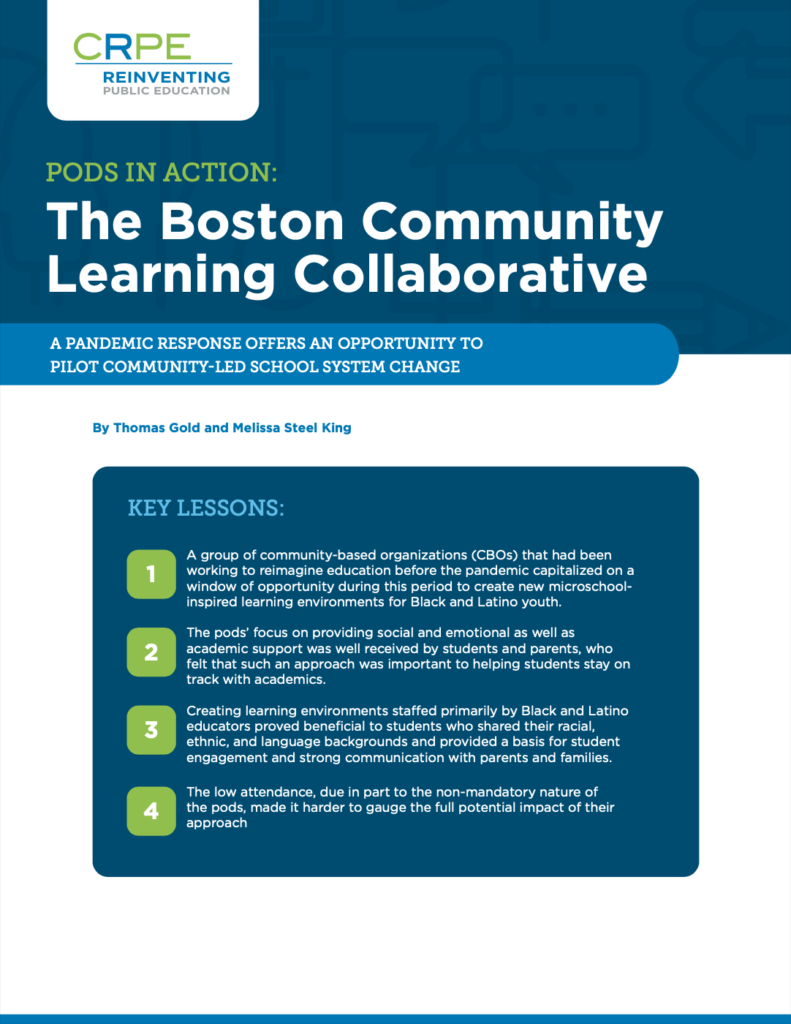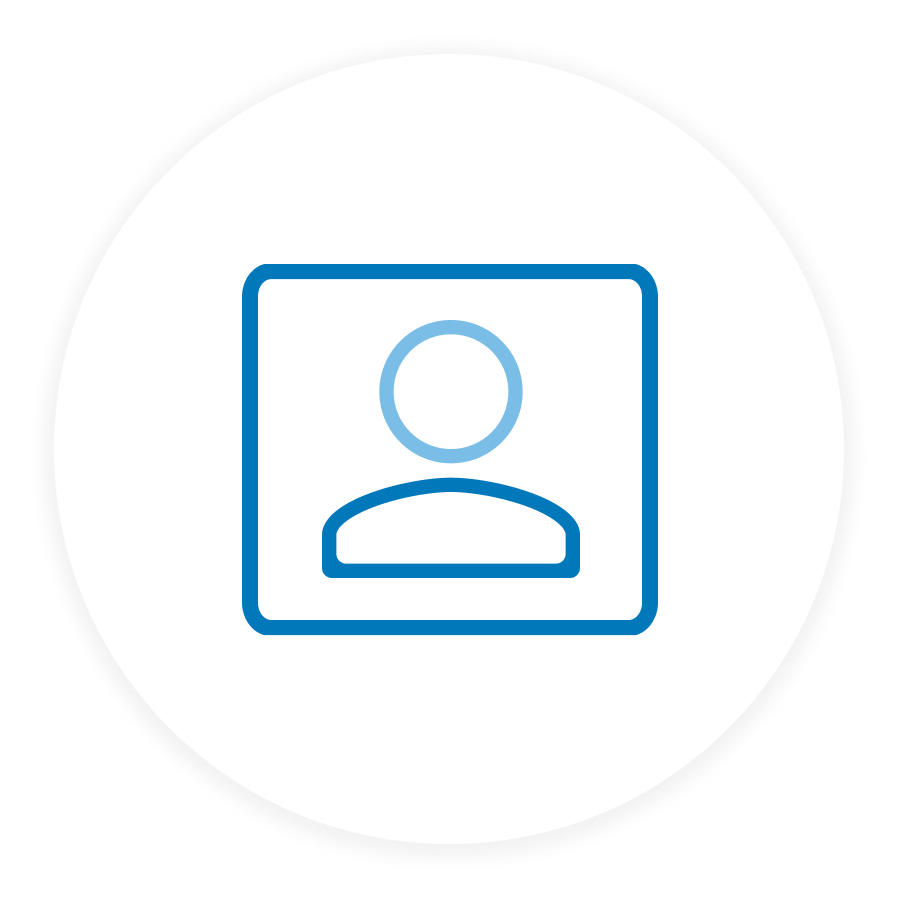Case Study: A pandemic response offers an opportunity to pilot community-led school system change
During the spring of 2020, two months into the global COVID-19 pandemic, four leading CBOs in Boston—the YMCA of Greater Boston, Latinos For Education (LFE), Inquilinos Boricuas en Acción (IBA), and The BASE—came together to discuss what they can do to help underserved children in the city experiencing education disruption.
At the time, students were struggling to adjust to remote learning from home and didn’t always have the necessary resources or supervision to provide a proper learning environment. The predictions for the fall were bleak: a continuation of remote learning as the pandemic raged globally.
In response to the challenge, the organizations used their existing partnership, called the Community Learning Collaborative (CLC), to organize a series of in-person learning centers to meet the needs of youth who found themselves facing a whole year outside of physical school buildings.
This case study provides a description of the implementation of the CLC pods during the 2020–21 school year, including initial information on their potential impact.
Key Lessons
- A group of community-based organizations (CBOs) that had been working to reimagine education before the pandemic capitalized on a window of opportunity to create new microschool-inspired learning environments for Black and Latino youth.
- The pods’ focus on providing social and emotional as well as academic support was well received by students and parents who felt that such an approach was important to helping students stay on track with academics.
- Creating learning environments staffed primarily by Black and Latino educators proved beneficial to students who shared their racial, ethnic, and language backgrounds and provided a basis for student engagement and strong communication with parents and families.
- The low attendance, due in part to the non-mandatory nature of the pods, made it harder to gauge the full potential impact of their approach.




